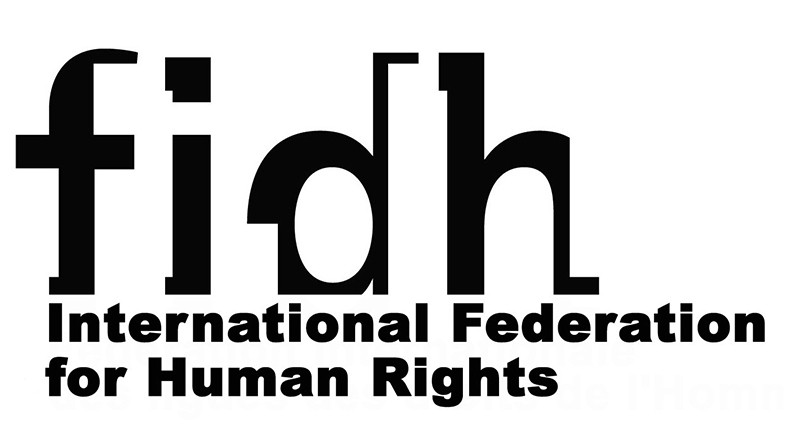
FIDH situation note on Nagorno-Karabakh: Affected civilians of both sides of conflict wait for peace and justice to come
International Federation for Human Rights (FIDH) published a situation note denouncing the violations of international humanitarian and human rights law during the April War, after having studied comprehensively both Armenian and Azerbaijan sources.
“As old as the Soviet Union collapse, one of the most disastrous conflicts in the region of the last 30 years, concerning the status of Nagorno-Karabakh, continues to kill. After an escalation of violence in April 2016, the deadliest since the ceasefire of 1994, and a closed meeting between the Presidents of Armenia and Azerbaijan in May 2016 in Vienna, parties continue to accuse each other of cease-fire violations and no peace progress is in view,” the note reads.
According to the FIDH situation note, despite the constant danger of exploding into a full-scale war and an alarming arms race between Armenia and Azerbaijan, the conflict continues to attract limited attention from the international community. “The latter factor combined with the absence of a permanent monitoring mechanism to maintain the cease-fire and the lack of investigation into cease-fire violations contributed to the latest outbreak of military hostilities between 2 and 5 April 2016”.
Reports of civilian casualties and targeting of civilian properties, including schools, document what may constitute disproportionate and unlawful attacks under international law.
In their observations, FIDH learned that at least three elderly civilians, residents of Talish village in Nagorno-Karabakh were reportedly killed deliberately and their bodies mutilated when the Azerbaijani troops entered and took control over the village. Azerbaijani forces also decapitated a soldier, Kyaram Sloyan, who had been killed in combat. The video and pictures of his severed head later appeared on social networks. Soldiers and civilians were shown as holding up his head as a military trophy and a sign of victorious act. “These reports amount to war crimes. Torture, ill-treatment and mutilation of the dead is strictly prohibited under both conventional and customary international humanitarian law”.
In the situation note, FIDH calls on all parties to the conflict to respect and apply the provisions of the international humanitarian law and human rights law, ensure full respect to the right to life and security of people affected by the conflict, respect the 1994 ceasefire, refrain from using force, not promote the use of force, and end the arms race in the region, refrain from promoting hate and war propaganda, accept an independent fact-finding mission into the conflict zone and provide the members of the mission with full access to places and persons affected by the conflict.
FIDH also urges Azerbaijan and Armenia to ratify the Rome Statute of the International Criminal Court (ICC). FIDH calls on Azerbaijan to ratify two Additional Protocols (1977) to the Geneva Convention (1949).
Newsfeed
Videos






























